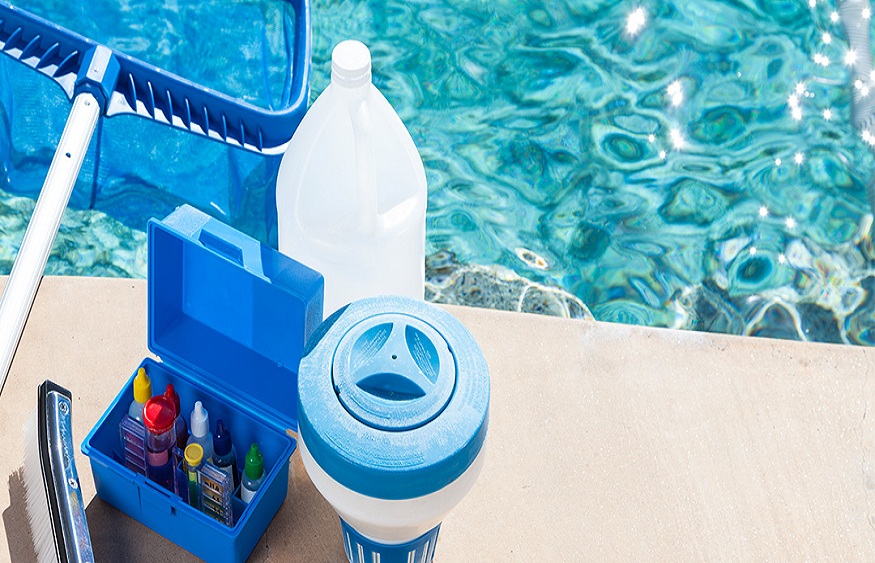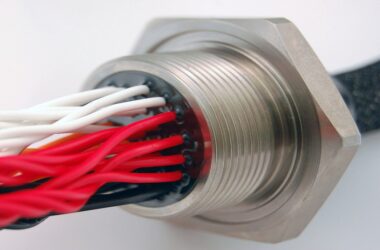A swimming pool can maintenance services be your private retreat, provide a spot for entertainment, relaxation, and a cool getaway during the sweltering summer. Effective pool cleaning is essential for keeping your pool a spotless and inviting getaway. We will check out the world of pool care in this post, highlighting the value of precise pool maintenance services and how they can keep your little slice of paradise.
Equipment Inspection
Regardless of the size of the pool, routine equipment Is must inspection is a necessary practice for pool upkeep. A clean and secure pool environment is built on well-maintained equipment, which includes crucial elements like pumps, filters, and heaters.
Owners of small pools in particular need to exercise caution to keep their machinery in top functioning order. Small pools have a limited amount of water, therefore reliable and efficient equipment is even more essential to maintaining the water’s clarity and cleanliness. Abandoning to maintain your equipment can result in expensive repairs, decreased water circulation, and, in the worst situations, interrupted pool use.
The Importance of Maintenance
Irrespective of the size of the pool, maintaining a swimming pool requires continual effort. Small pools, in particular, can suffer major consequences from neglecting routine maintenance that goes well beyond basic aesthetics.
The subtle balance of water chemistry is one of the key issues when maintenance is neglected. Due to their smaller water volume, smaller pools may experience chemistry changes more quickly than bigger ones. These imbalances, such as pH levels that are too high or low, can encourage the growth of algae, resulting in murky, green water that is not at all appealing. The first line of defence against these problems is effective and regular maintenance, which guarantees that the water chemistry is stable and secure for consumption.
Another potential effect of poor maintenance is equipment malfunction. No matter how big the pool is, filters and pumps are essential. Failures of the system might result from ignoring these essential components, which can cause clogs and restricted water movement. Both smaller and larger pools rely on the efficient operation of these crucial components to preserve the water’s purity and clarity.
Last but not least, the buildup of filth and debris is a problem that, if ignored, may quickly ruin a small pool’s beauty. Small pools are particularly vulnerable to the visual impacts of debris because they frequently lack the diluting factor that larger pools benefit from due to their compact size.
Regular Cleaning and Skimming
In terms of pool maintenance, keeping the water in perfect condition is of utmost importance. Due to their tiny surface area, small pools are more vulnerable to the rapid collection of dirt and debris, which heightens this risk. Not only is keeping the water clear and free of debris important for cosmetic reasons, but it is also a vital component of pool upkeep that is necessary for a satisfying swimming experience.
Due to their lesser water volume than larger pools, small swimming pools are more susceptible to the effects of any floating debris. Particles like as leaves, twigs, insects, and other substances can quickly degrade the water’s clarity and cleanliness.Regular skimming and surface cleaning of the pool are essential to resolving this problem. Skimming is the process of removing floating trash from the water’s surface with a net or pool skimmer. This procedure should be repeated frequently in smaller pools because the smaller water volume makes trash accumulate more quickly. The pool’s filtration system might become clogged if this component of maintenance is neglected, which will decrease its effectiveness and perhaps result in long-term harm.
Additionally, keeping the water clear is essential to keeping the pool inviting and secure for swimming. The presence of debris in the water not only detracts from the aesthetics of the pool but also compromises the water’s chemistry and safety for swimmers.
Water Chemistry Balance
No matter the size of your pool, keeping the right water chemistry is essential to pool care. Small pools, however, have a special trait: because of their smaller water volume, they are more susceptible to changes in the water’s chemistry. To ensure both water quality and swimmer safety in tiny pools, it is even more important to analyze and adjust key chemical levels on a regular basis.The pH and chlorine levels, among other crucial chemical levels, are two key chemical factors that must be properly regulated in pool management. These levels might fluctuate more quickly in smaller pools than in larger ones, necessitating constant observation and correction.
To keep a swimming area safe and comfortable, pH levels must stay within a certain range. Swimmers may experience pain from an inappropriate pH level, including eye and skin irritation. Due to their smaller size, small pools may experience pH level changes more quickly, necessitating more regular monitoring and balancing to keep the pH within the ideal range.
Chlorine is a key ingredient in keeping pool water clean and safe by destroying dangerous germs. Due to the smaller water volume, chlorine levels in tiny pools can drop more quickly. So that they continue to be successful at sanitizing the water, chlorine levels must be continuously monitored and adjusted.
Tile and Surface Cleaning
Regardless of its size, a swimming pool’s aesthetic appeal is very important in establishing a friendly and comfortable ambiance. Small pools in particular include tiles and surfaces that are in close contact to swimmers and spectators, necessitating special maintenance as part of pool maintenance.
On the tiles and surfaces of the pool, mineral deposits and scaling can accumulate over time and cause ugly stains. Due to their limited dimensions, small pools may display these problems more obviously. To avoid the buildup of scale and stains, periodic cleaning is required. To remove these deposits, you might use specialist pool cleaning products and brushes. To get rid of dirt, algae, and other pollutants that may build up, scrub the pool’s tiles and surfaces.Scum and debris building along the pool’s waterline is especially prone to occur, and this can be more obvious in smaller pools. To keep the waterline clear and clean, regular cleaning is necessary. This improves the aesthetic attractiveness of the pool while also improving swimmer comfort.
Small pool owners can maintain a welcoming and attractive environment for their pool by paying attention to these aspects of pool upkeep. Regular maintenance is essential to maintain the pool looking its best because swimmers can easily see the state of the tiles and surface. In the end, paying attention to detail makes swimming in a tiny pool more pleasant and joyful.
In conclusion, pools provide a distinctive and private outdoor experience, but efficient maintenance is necessary to keep them in good shape. There are a variety of ways to make sure your pool continues to be a source of relaxation and enjoyment, from routine cleaning and water chemistry balancing to personalized maintenance programs and professional assistance. You may make the most of your small pool maintenance create priceless memories in your own outdoor haven by making the necessary maintenance.






